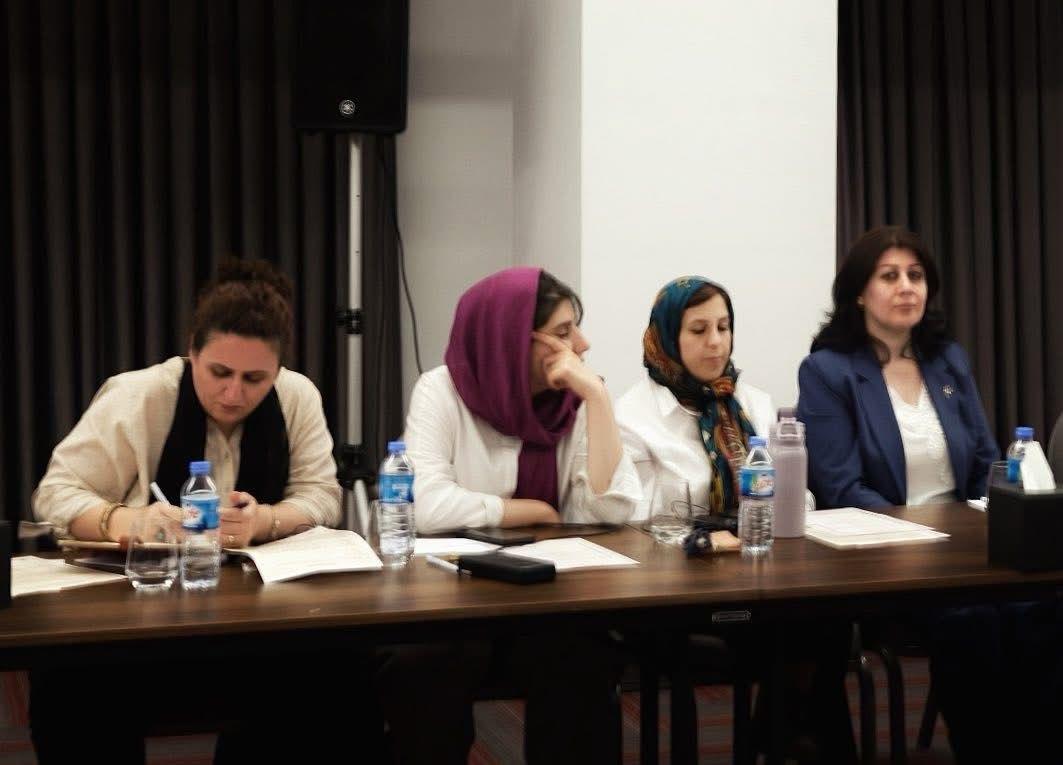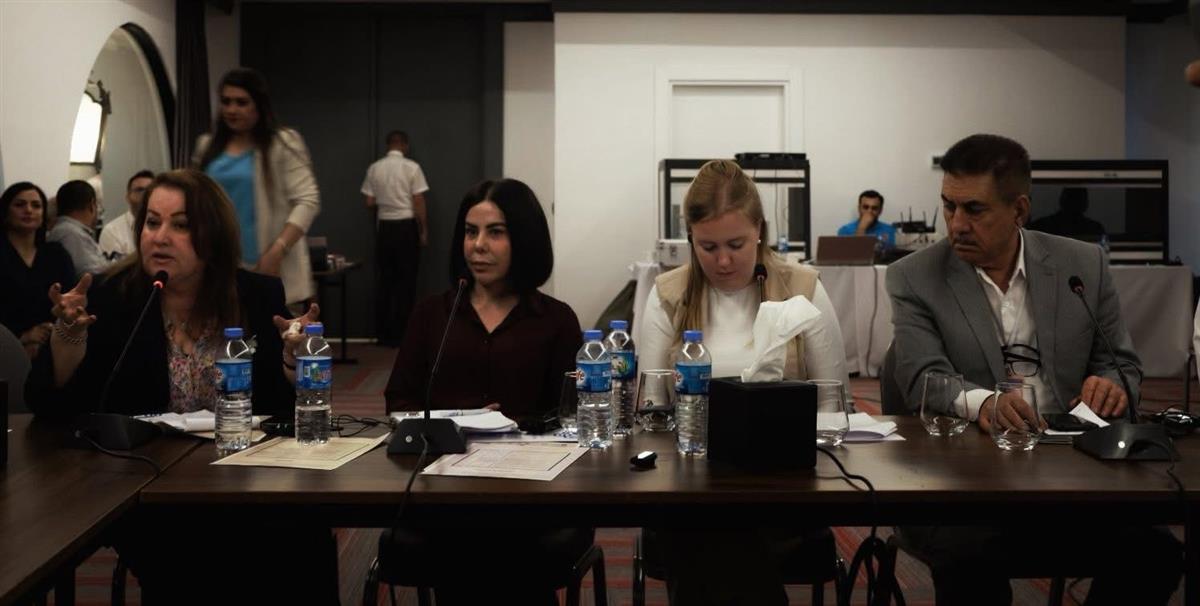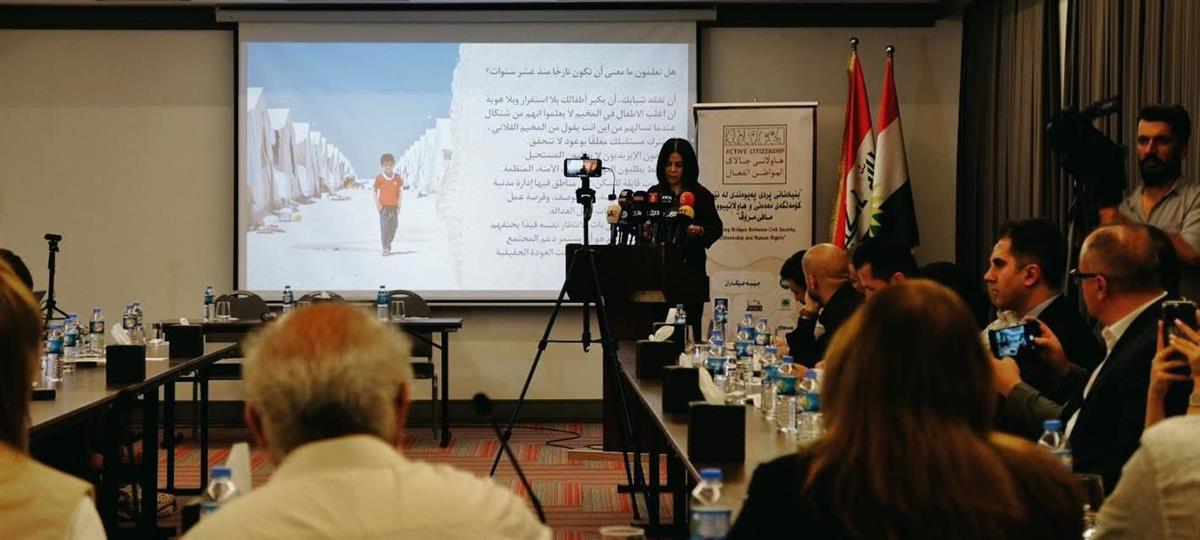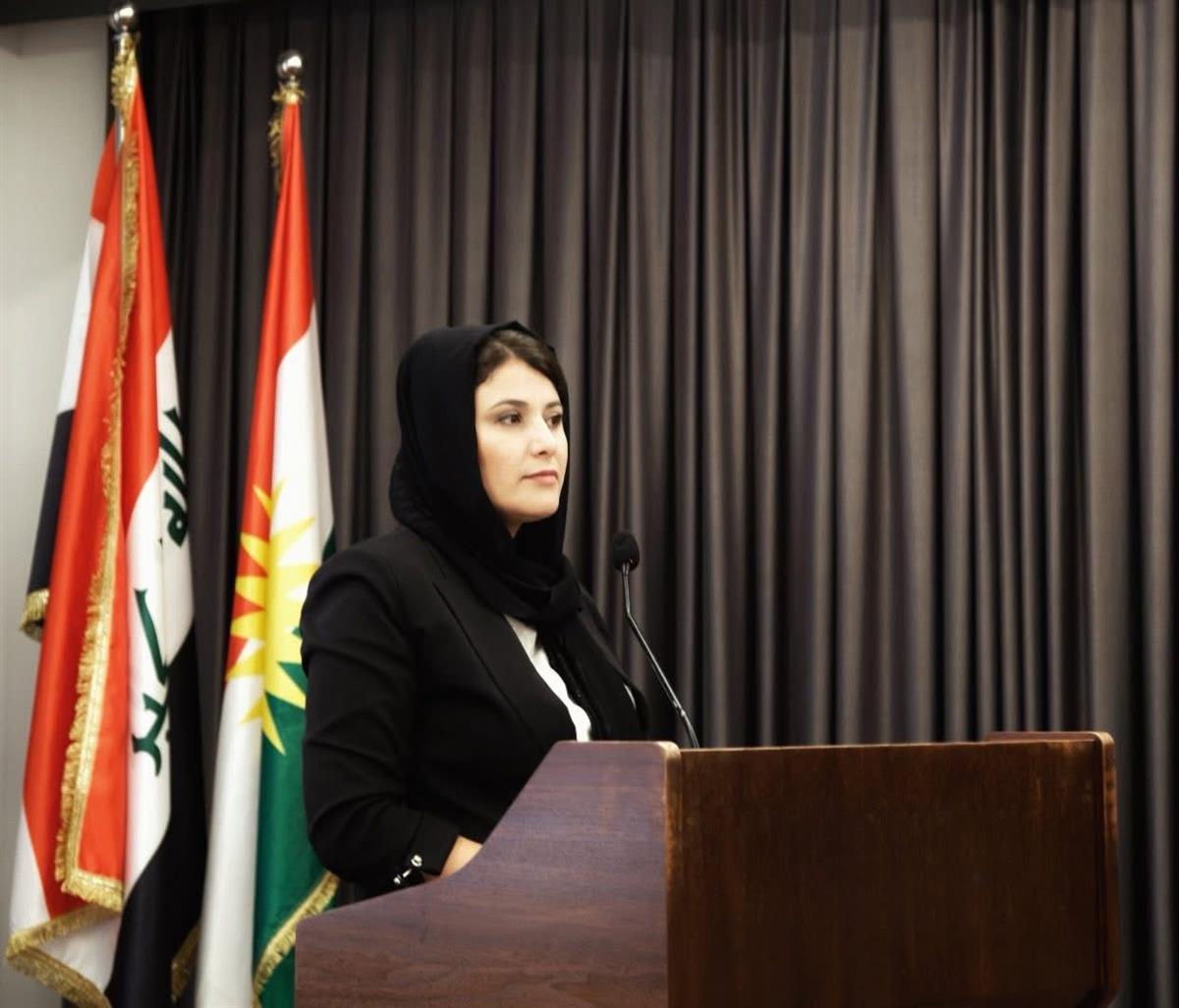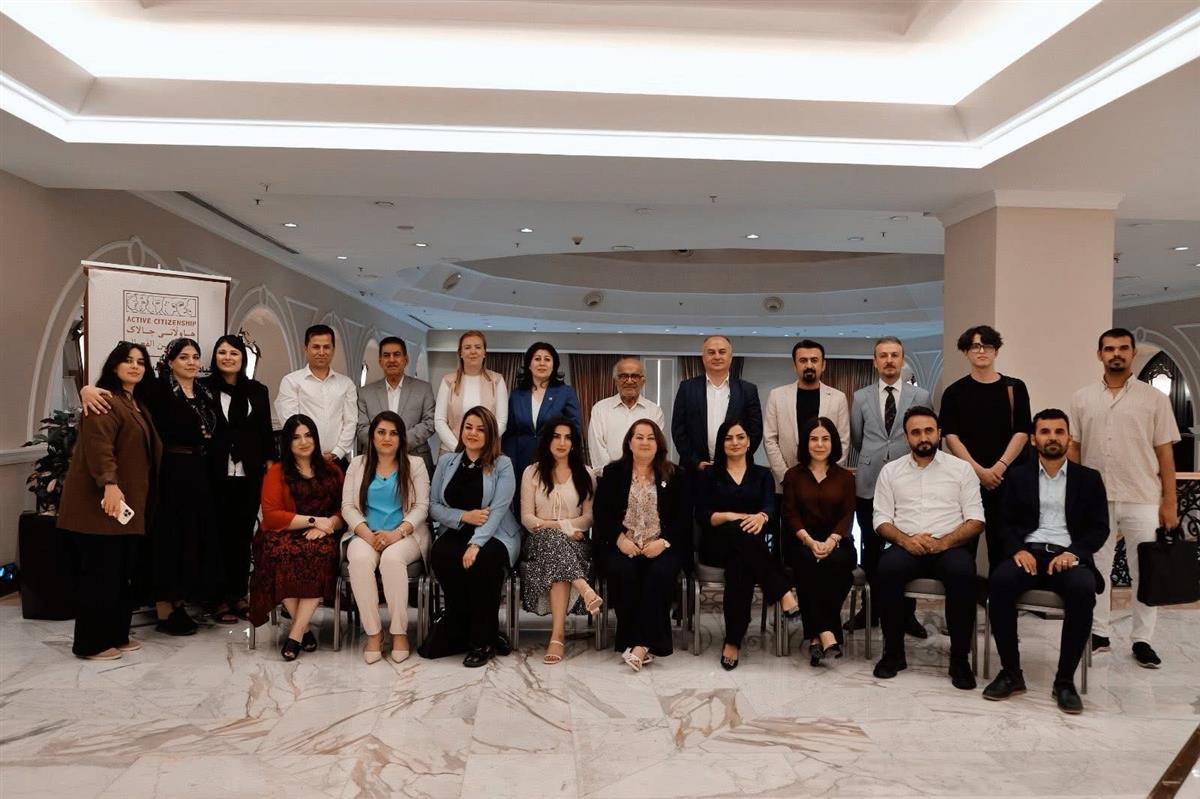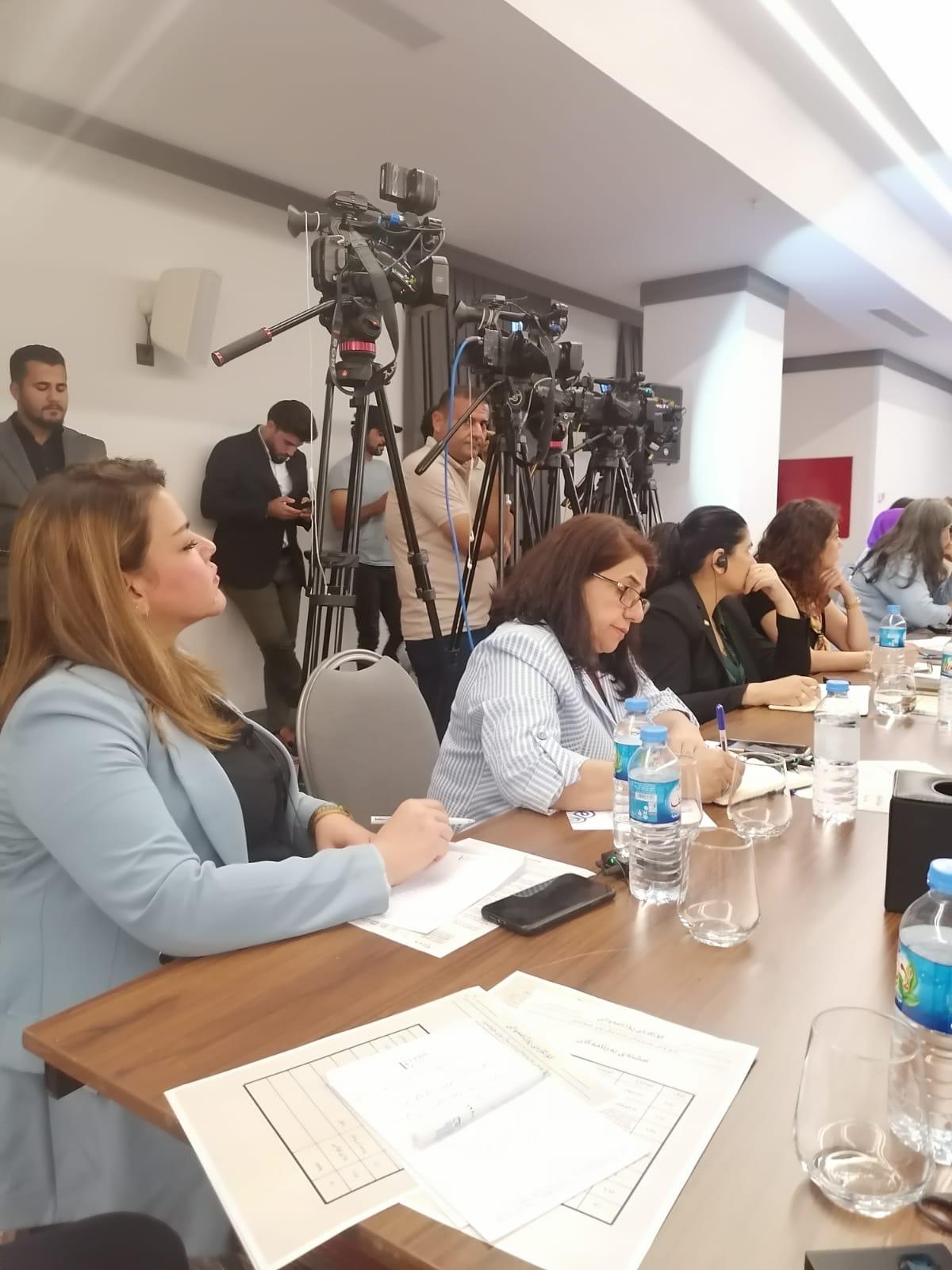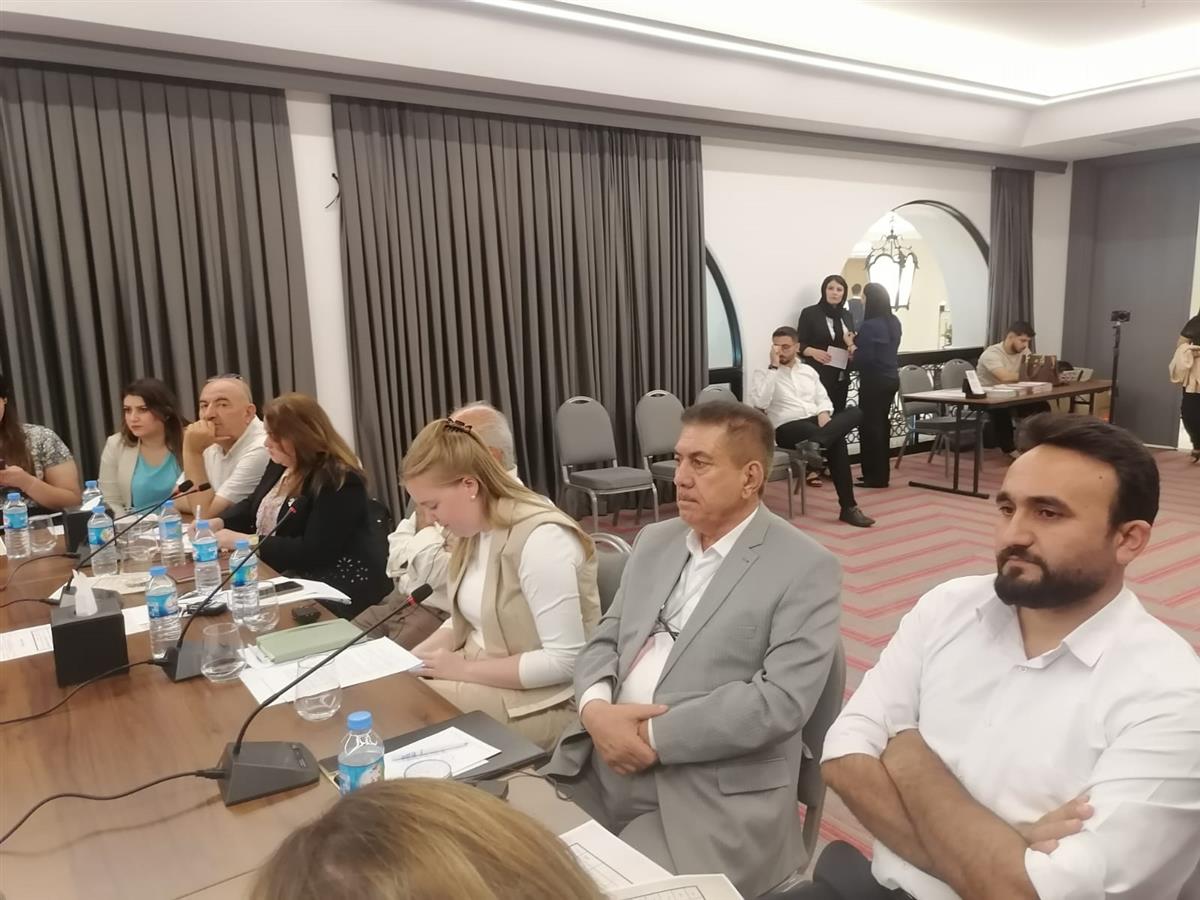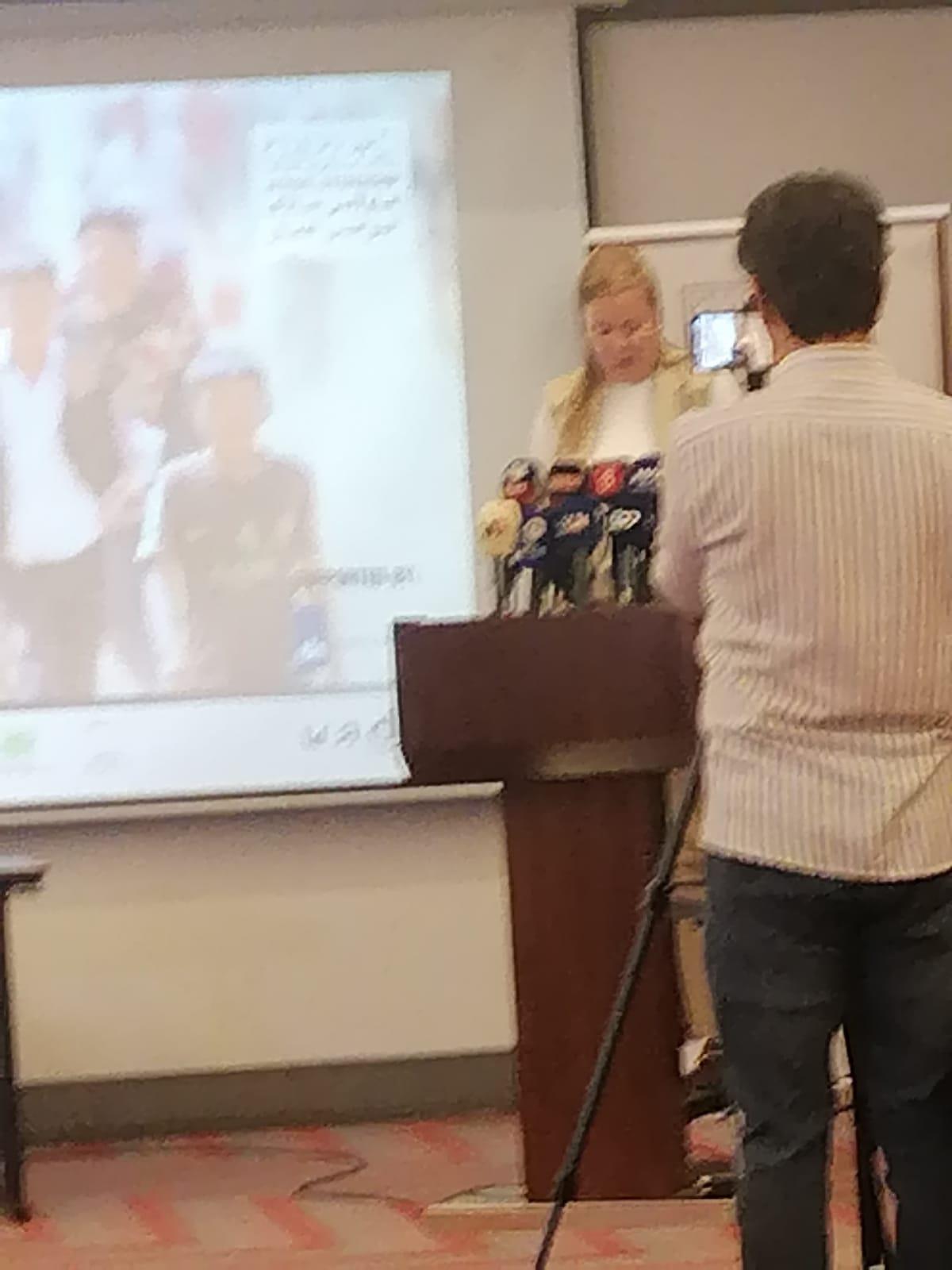Eleven Years After the Yazidi Genocide
2025-07-08
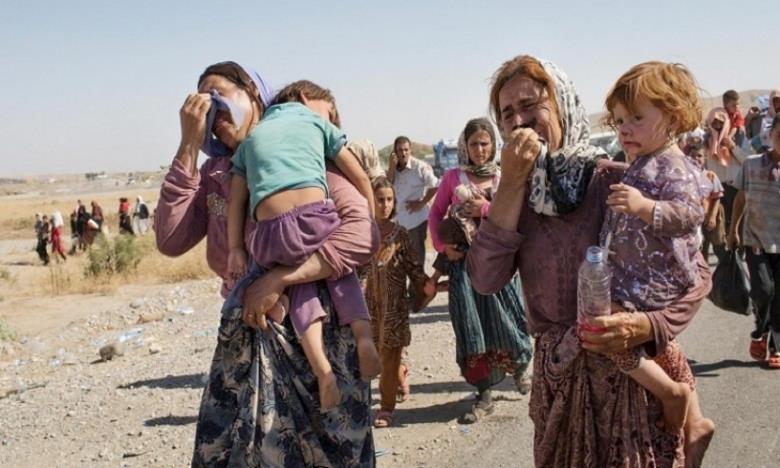
Eleven Years After the Yazidi Genocide
Joint press conference of Wadi Organization and Human Network
Date: July 2, 2025
Location: Erbil, Iraq
Introduction
On July 2, 2025, WADI and the Human Network held a joint press conference titled “Eleven Years After the Genocide” in Erbil, Iraq. The event marked the anniversary of the 2014 Yazidi genocide and presented the findings of a recent joint field survey assessing the current conditions of the Yazidi community.
Purpose of the Conference
The press conference aimed to:
Highlight the ongoing challenges faced by the Yazidi community, particularly those still living in displacement camps.
Present the findings of a new field survey conducted jointly by WADI and the Human Network.
Raise awareness among the public, civil society organizations, and policy-makers.
Encourage greater international involvement and accountability.
Advocate for long-term solutions focused on reintegration, justice, and healing.
Survey Methodology
The survey was conducted using a mixed-methods approach, combining both quantitative and qualitative data collection:
Quantitative Data: Structured questionnaires were used to collect measurable information about access to education, healthcare, legal services, and livelihoods.
Qualitative Data: In-depth interviews were conducted with Yazidi survivors—especially women and children—to explore their personal experiences and psychological needs.
Fieldwork: Data was gathered in various displacement camps and affected areas. Ethical standards, including informed consent and confidentiality, were strictly followed.
Key Findings
The survey revealed several persistent challenges:
Prolonged Displacement: Thousands of Yazidis remain in camps with no clear prospects for return.
Limited Access to Services: Education, healthcare, and legal aid remain insufficient.
Psychological Trauma: Many survivors, particularly women and children, continue to suffer from unaddressed trauma.
Lack of Justice: International accountability for the crimes committed during the genocide remains lacking.
Challenges in Reintegration: Safe and voluntary return to original communities is still a complex and under-supported process.
Speakers and Testimonies
The event featured speakers from WADI, the Human Network, and Yazidi survivors. Their testimonies highlighted:
The deep and lasting pain caused by abduction, violence, and displacement.
The strength and resilience of Yazidi women, youth, and families.
The urgent need for justice and psychological support.
A collective desire to rebuild Yazidi life, culture, and dignity.
Attendance
The press conference was attended by representatives of foreign consulates, officials from the Kurdistan Regional Government (KRG), members of civil society organizations, and a large audience of stakeholders and concerned individuals. The significant turnout reflected growing attention to the need for justice and support for the Yazidi community.
Recommendations
Based on the findings and discussions, the following actions were recommended:
Enhanced International Support: Increase humanitarian aid and invest in long-term development in Yazidi-populated areas.
Justice Mechanisms: Strengthen international efforts to hold perpetrators of the genocide accountable.
Psychosocial Services: Expand and sustain mental health support for survivors.
Safe Return Programs: Develop and implement policies that ensure voluntary and secure return for displaced Yazidis.
Education and Empowerment: Ensure access to education and vocational training, especially for women and youth.
Conclusion
The press conference served as a critical reminder that, eleven years after the genocide, the Yazidi community continues to face deep-rooted injustice and humanitarian challenges. WADI and the Human Network called on the international community to renew its commitment to justice, protection, and a dignified future for the Yazidi people.
